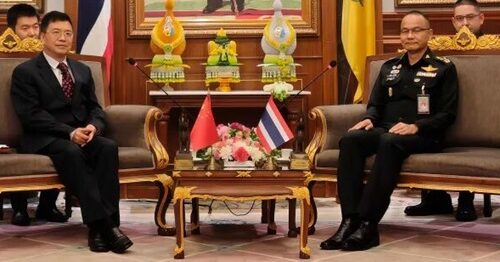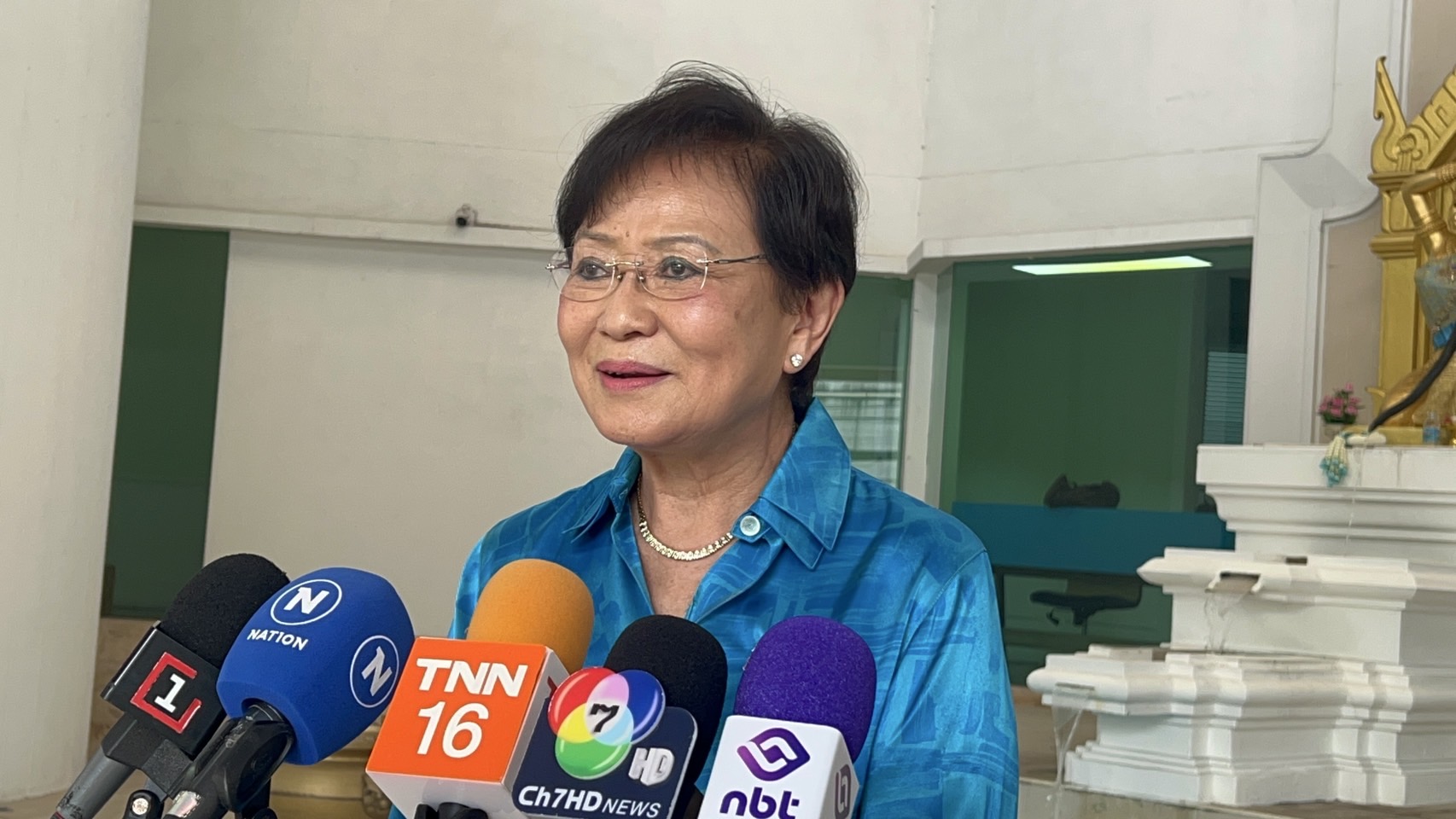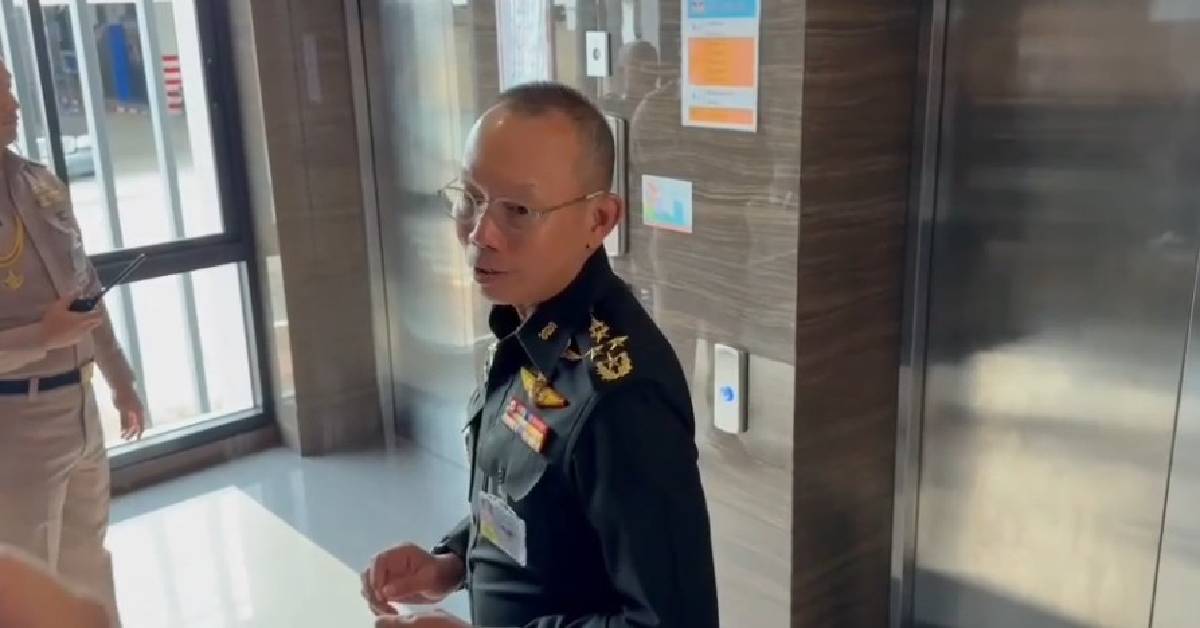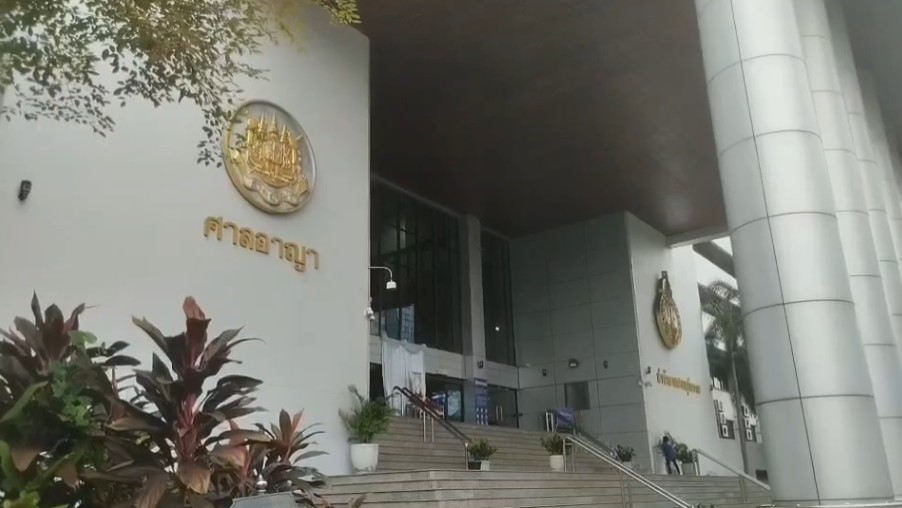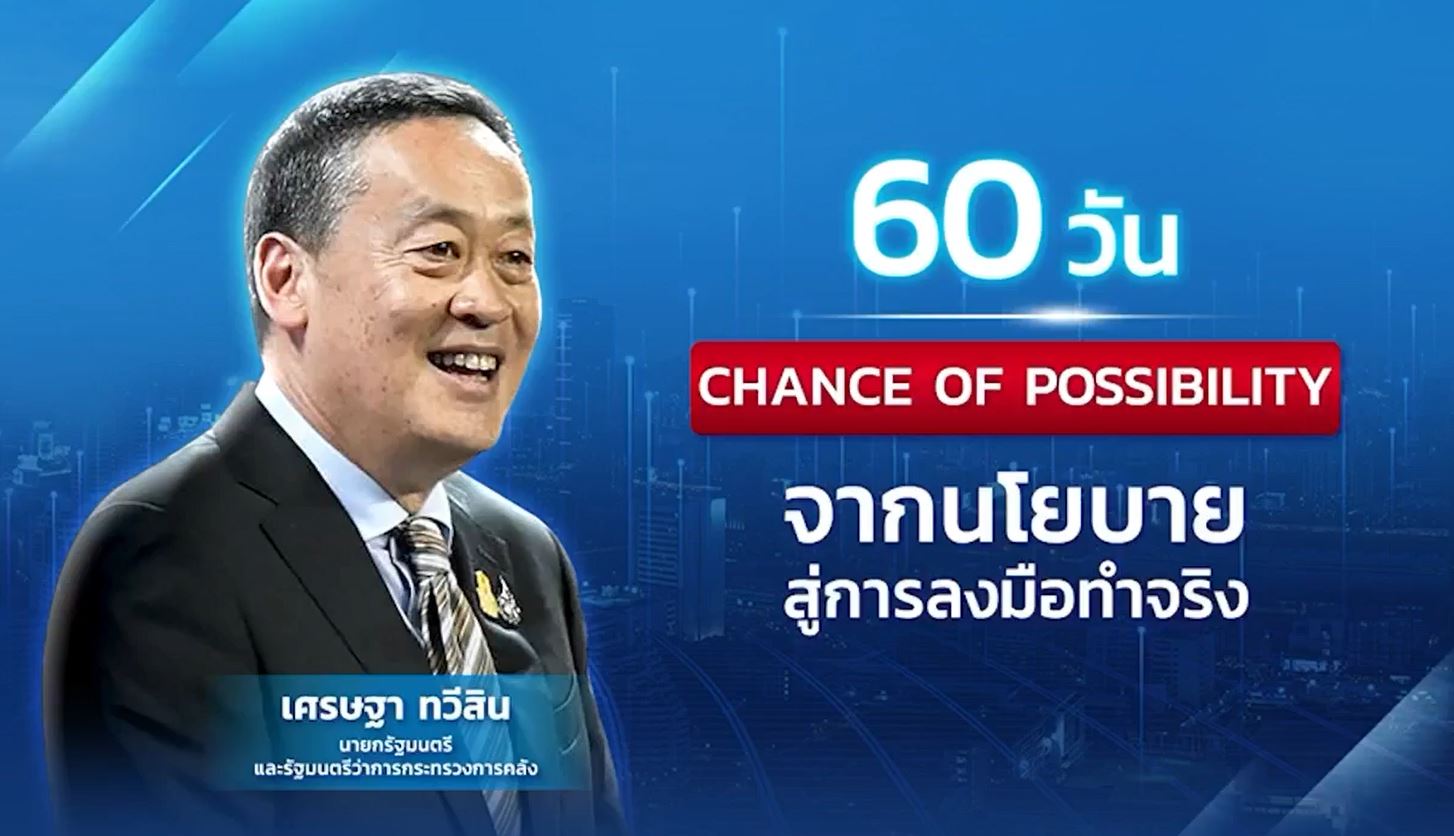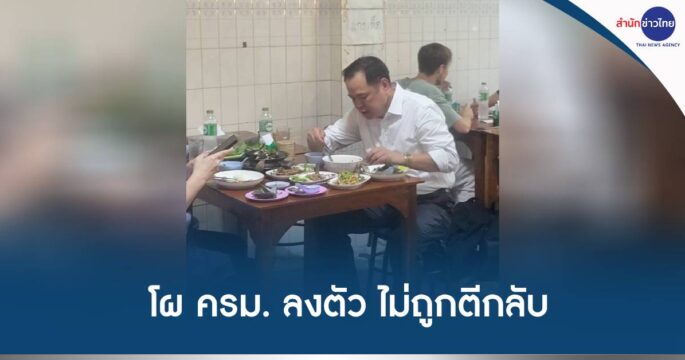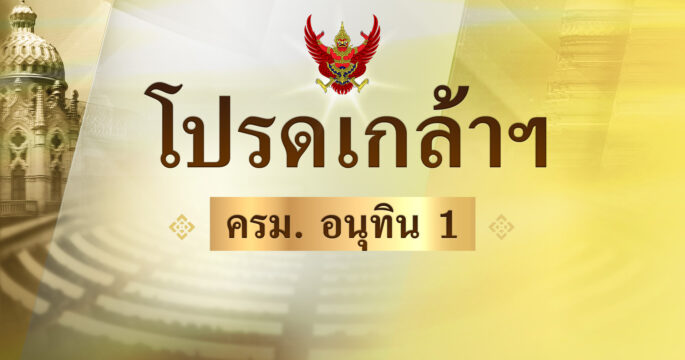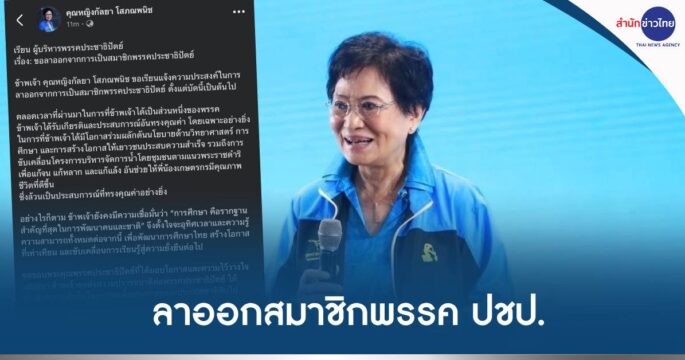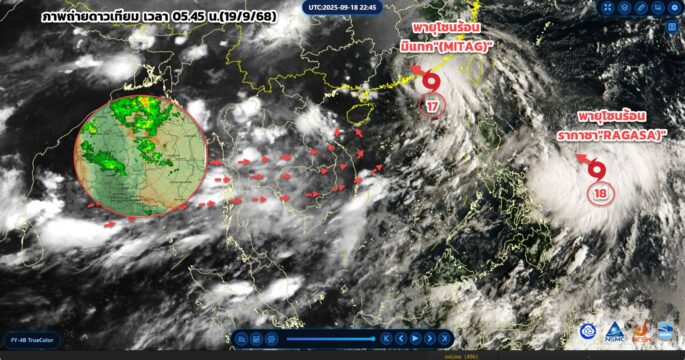BANGKOK, Nov 10 (TNA) – The Pheu Thai-led government showcases its achievements in the initial 60 days, fostering confidence and accelerating a major economic boost.
Prime Minister and Finance Minister Srettha Thavisin on Thursday made a special announcement through the program ‘Chance of Possibility: From Policy to Action in 60 Days under his administration on NBT2HD and NBT11 channels.
Expressing confidence in the government’s performance during the initial 60 days, he emphasized the mission of significant economic stimulation to position Thailand as a central investment hub in the ASEAN region. This is to be achieved through short-term, medium-term, and long-term policies.
The government is focusing on three Quick Wins: reducing expenditure, increasing revenue, and expanding opportunities, all aimed at boosting the economy through tourism, agriculture, foreign affairs, and transportation.
Additionally, urgent measures have been introduced to reduce disparities, combat crime, attract foreign investment, and propel Thailand to become a crucial global logistics hub.
The prime minister unveiled a set of urgent short-term measures aimed at reducing expenses for the public. These include a reduction in electricity costs as well as a decrease in diesel prices. The government is set to begin reducing gasoline prices on November 10. Additionally, they’re addressing household debt problems by reducing interest rates and postponing repayments for farmers.
In the mid-term, the government is implementing measures to manage informal debts, particularly high-interest rates that exceed legal limits, helping citizens escape informal debt circles.
The government is also focused on increasing income opportunities, especially for the agricultural sector, as 40% of Thailand’s population is engaged in agriculture. They aim to provide agricultural knowledge, introduce new market mechanisms, and expand market access globally, boosting both production demand and farmers’ incomes.
Moreover, the government is easing visa restrictions for tourists from China, Taiwan, India, Kazakhstan, and has streamlined customs procedures to accommodate Malaysian tourists at Songkhla’s Sadao checkpoint.
Their strategy involves encouraging tourists to visit secondary provinces beyond the main capital, such as Nan, Kalasin, Sukhothai, and Ayutthaya, to distribute income to those provinces. The government is also assessing the readiness of airports, such as Chiang Mai, to ensure continuous 24-hour service and is pushing to upgrade secondary city airports into international ones, such as the development of a new airport in Phang Nga province.
On transportation, Prime Minister Sathit Thaweesin mentioned the government’s involvement in discussions at the Beijing summit, focusing on regional logistics, an integral part of the President Xi Jinping’s 10-year vision. There’s a particular emphasis on high-speed railways for agricultural produce transportation, benefiting Thai farmers.
Moreover, the government is prioritizing the development of a cross-border goods management system and has emphasized sustainable goals in clean energy and Thailand’s Net Zero Carbon commitment, encouraging green industries at the recent United Nations General Assembly. Thailand took opportunities in seeking investments from major companies like Google, Microsoft, and Tesla.
To address social disparities, a committee led by Deputy Prime Minister Phumtham Wechayachai has laid out clear timelines and plans to tackle these issues, including the marriage equality bill. The government is also taking steps to ensure gender equality, with plans to seek public opinion before presenting legislation to the Parliament in December. Military conscription policy is set to change towards a voluntary system.
In the closing remarks of the program, the Prime Minister conveyed to the citizens, “The big issue is the issue of livelihoods. This government is doing its best to address every issue related to livelihoods. Whatever can be done, we will do it first,” he said. (TNA)
